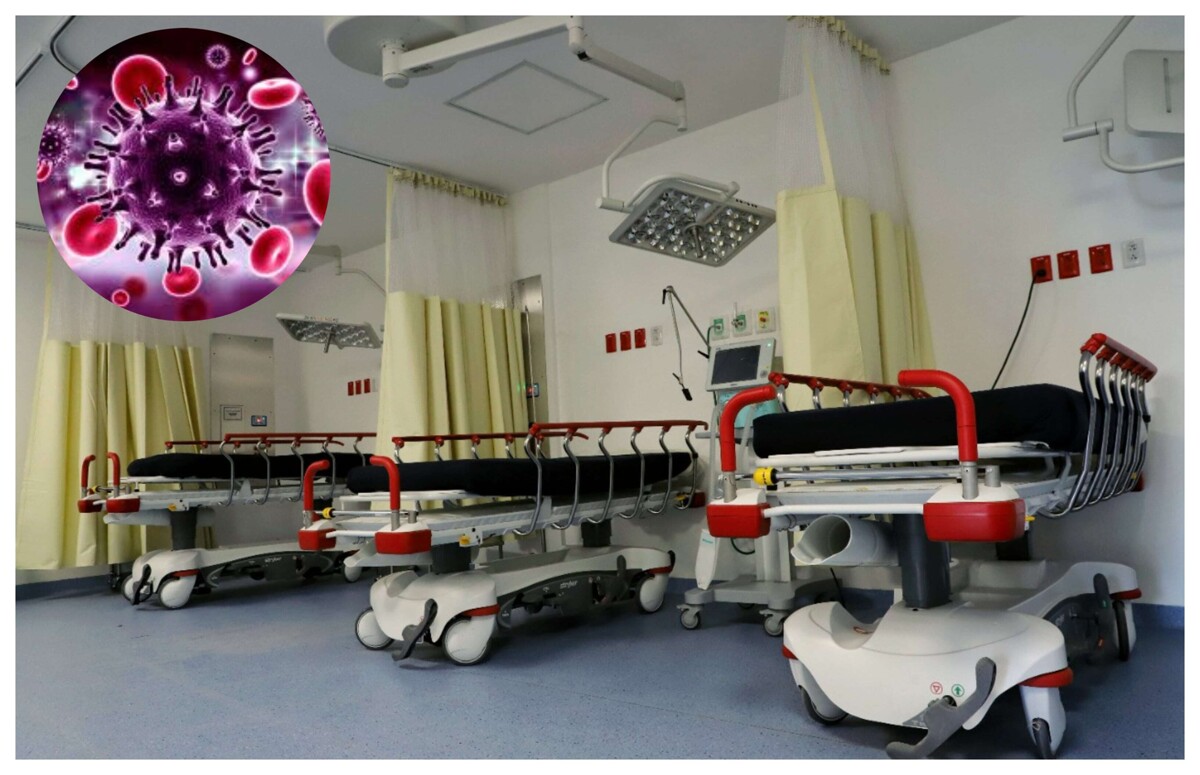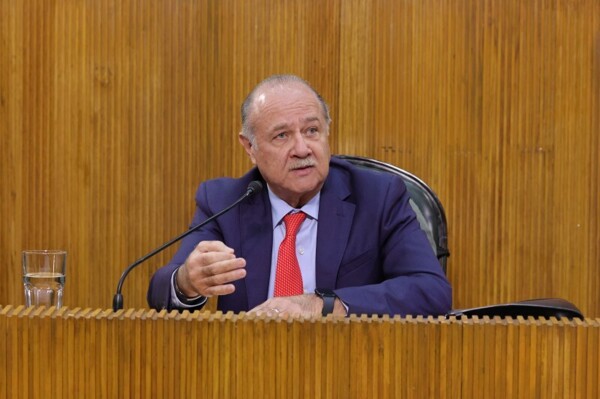
The fatality rate of Healthcare-Associated Infections (HAIs) in intensive care units of public hospitals reaches 25.5%. In the framework of the panel 'The impact of the COVID-19 pandemic on HAIs: magnitude, urgency, and tools at our disposal,' specialists in infectious diseases and medical sciences emphasized the urgency of using preventive and curative tools to combat these infections, starting with those already proven effective against the SARS-CoV-2 virus.
Irma Aguilar, immunologist and researcher, highlighted that in Mexico, people with weak immune systems or who undergo invasive procedures are the most susceptible to acquiring hospital infections. Meanwhile, infectious disease specialist Jezer Lezama explained that, since 2020, the country has faced, in addition to the COVID-19 pandemic, outbreaks of emerging and re-emerging diseases such as measles, pertussis, rabies, and dengue. These outbreaks particularly affect people with chronic diseases, increasing their vulnerability.
The initiative 'Hospitals Without Infections' will soon host the IV edition of the forum 'The Challenge of Hospital Infections' on November 6 and 7, 2024, at the Ibero-American University. This meeting aims to bring together key players in HAIs and Antimicrobial Resistance (AMR) to promote actions based on scientific evidence that mitigate the effects of hospital infections, promoting health and sustainability in the hospital system.
HAIs have not returned to pre-COVID-19 pandemic levels but have shown a significant increase in the Mexican hospital system, according to the Epidemiological Bulletin of the Ministry of Health. These infections, which represent a high cost for the health sector, generate minimum losses of 28 billion pesos annually due to the treatment of infections acquired in hospitals.














